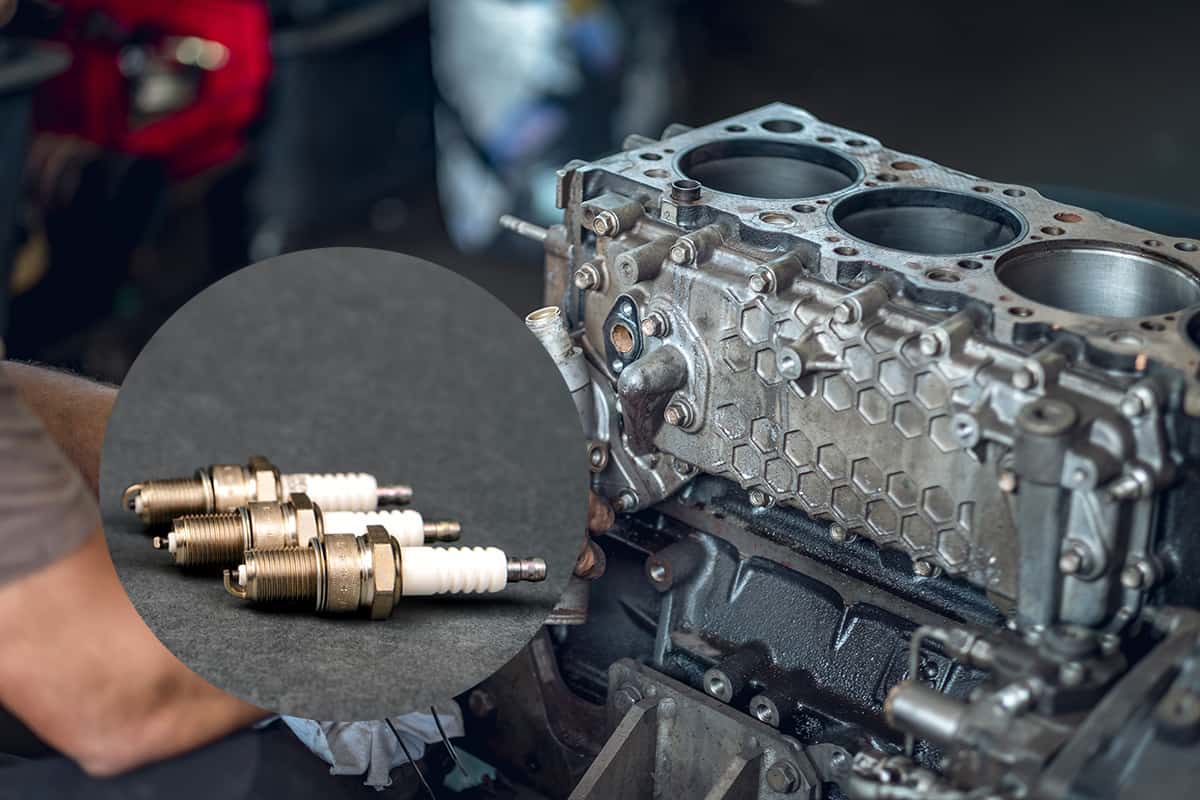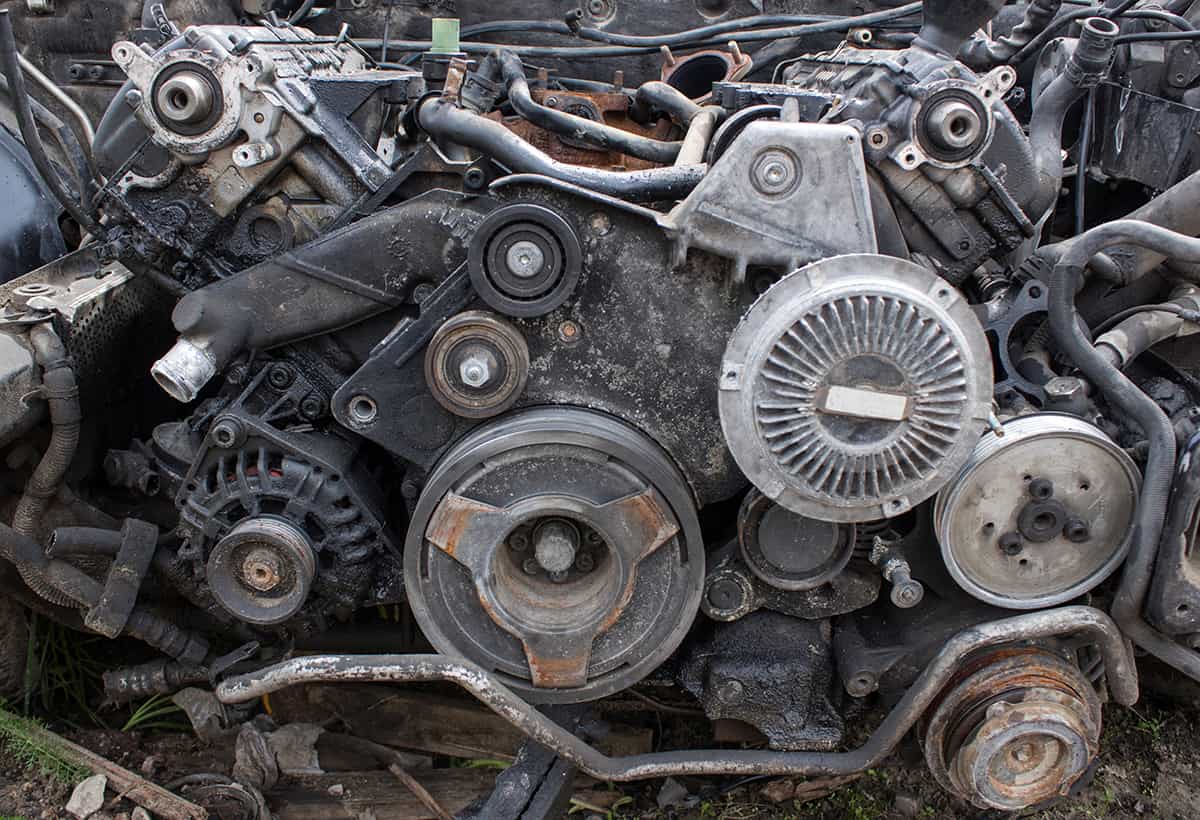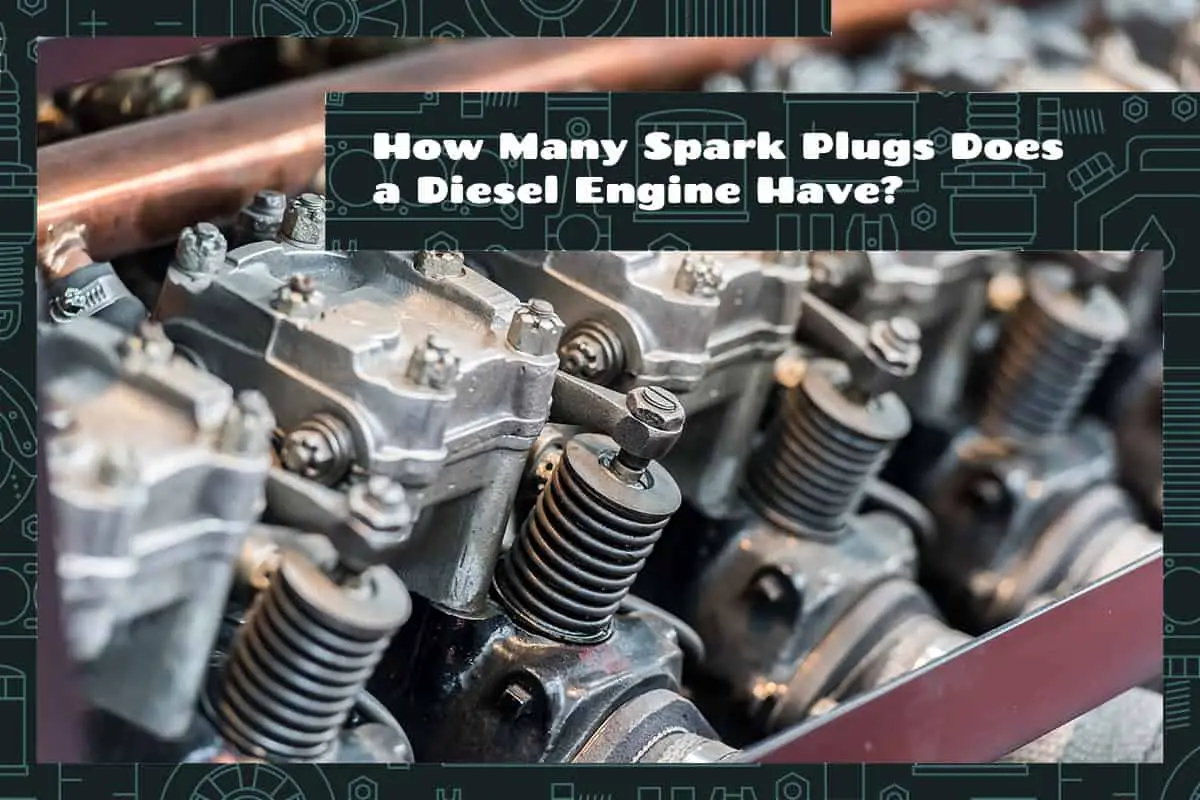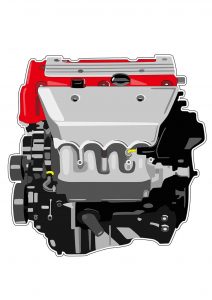Automobile engines have always fascinated us with their complicated systems and intricate workings. The diesel engine, in particular, is a masterpiece of mechanical engineering known for its impressive efficiency and durability. One question often arises when discussing engines, especially among car enthusiasts or curious owners: “How many spark plugs does a diesel engine have?”
Diesel engines do not have spark plugs. Unlike gasoline engines, which rely on spark plugs for ignition, diesel engines use a method called compression ignition, eliminating the need for spark plugs.
In this guide, we’ll learn the basics of diesel engines and explore why they do not require spark plugs.
Spark Plugs and Diesel Engines

Engines are the heart of any vehicle. They convert fuel into motion, and without them, we wouldn’t be able to go anywhere. If you’ve looked under the hood of your car and inspected the top of the cylinder head, you might’ve noticed those tiny devices called spark plugs.
But as described earlier, diesel engines don’t require spark plugs. Why is this? Let’s find out.
Spark Plugs Function and Importance in Engines
A spark plug’s primary function is to ignite the air-fuel mixture inside the engine’s combustion chamber. As the name implies, it does this by creating a spark. When you turn the ignition key, the battery sends a current to the ignition coil, which amplifies the voltage and sends it to the spark plug.
The spark plug, in turn, produces a spark that ignites the compressed air-fuel mixture, creating an explosion that drives the piston down. This sequence is repeated thousands of times per minute, propelling the vehicle forward.
The Diesel Difference
Unlike gasoline engines, diesel engines do not use spark plugs for ignition. They utilize a method known as compression ignition. This process starts when the air is drawn into the combustion chamber and compressed by the upward movement of the piston. The compression causes the air temperature to rise significantly, exceeding the autoignition temperature of the diesel fuel.
At the peak of compression, diesel fuel is injected into the combustion chamber, where it instantly ignites due to the high temperature of the compressed air. This ignition pushes the piston down, creating the power needed to drive the vehicle.
The Nitty Gritty of Diesel Engines
To appreciate the unique traits of diesel engines, we need to learn about their specific components and functionality.
Inside the Diesel Engine
At the core of a diesel engine, you’ll find several key components.
The cylinders, usually arranged in a line (inline) or a V shape (V engines), are where the magic happens.
The air intake valve allows air into these cylinders and the fuel injector sprays diesel fuel at precise moments for optimal combustion.
Pistons within these cylinders move up and down, compressing the air and igniting the fuel.
Then, we have the crankshaft, which converts the vertical movement of the pistons into rotational motion, propelling the vehicle forward.
How a Diesel Engine Works
A diesel engine operates in four key stages, known as strokes: compression, combustion, expansion, and cooling.
- Compression: The piston moves upward in the cylinder, compressing the intake air, which significantly raises its temperature.
- Combustion: Near the peak of compression, diesel fuel is injected into the combustion chamber. The high temperature of the compressed air ignites the fuel, initiating combustion.
- Expansion: The energy released from combustion drives the piston downward, a movement that’s transformed into rotational motion to power the vehicle.
- Cooling: After combustion, the piston moves upward again, expelling the hot exhaust gases. This exhaust stroke cools the combustion chamber, preparing it for the next cycle.
This cycle repeats itself, allowing the engine to generate continuous power.
Why Diesel Engines Don’t Need Spark Plugs
Diesel engines operate on the principle of compression ignition, which eliminates the need for spark plugs. The temperature increase from air compression in the cylinder is sufficient to ignite the diesel fuel. This method contrasts with gasoline engines that employ spark ignition, where the spark plugs ignite an air-fuel mixture.
Diesel fuel has a higher energy density and autoignition temperature than gasoline, making it well-suited for compression ignition. The absence of spark plugs in diesel engines contributes to their robustness and efficiency.
What is a Glow Plug?
While diesel engines lack spark plugs, they have a different type of plug, known as a glow plug. Glow plugs are used to start a cold diesel engine. Located in the combustion chamber, they heat the air within the cylinder to assist the compression ignition process when the engine is cold.
Unlike spark plugs, they don’t ignite the fuel-air mixture but create a conducive environment for the diesel fuel to auto-ignite more easily. Glow plugs are vital for smooth and efficient diesel engine starts, particularly in cold weather conditions.
Impact and Implications of a Spark Plug-less Diesel Engine

The unique aspects of diesel engines, notably their absence of spark plugs, have significant implications.
Effects of No Spark Plugs on Diesel Engine Performance
The absence of spark plugs in diesel engines profoundly impacts their performance characteristics.
First, the compression ignition process leads to higher compression ratios than those found in gasoline engines. This increased ratio results in better thermal efficiency, translating to superior fuel efficiency and more torque at lower RPMs. This characteristic is why diesel engines are often the powertrain of choice for heavy-duty vehicles and those requiring significant towing capacity.
Also, without spark plugs, diesel engines have fewer components that could potentially fail or require regular maintenance. This lack leads to overall increased reliability and longevity, making these engines cost-effective in the long run.
Fuel Efficiency and Emissions
Diesel engines, thanks to their compression ignition process, are known for excellent fuel efficiency. They typically deliver around 20% better fuel economy than comparable gasoline engines, a benefit that can result in substantial cost savings over the life of the vehicle. This efficiency is because diesel fuel has a higher energy density than gasoline, and the diesel engine extracts more energy from the fuel through its high compression ratios.
However, the discussion of emissions between gasoline and diesel engines is a bit nuanced. While diesel engines emit less carbon dioxide (CO2) per mile due to better fuel efficiency, they tend to produce higher amounts of particulates and nitrogen oxides (NOx), which contribute to air pollution.






